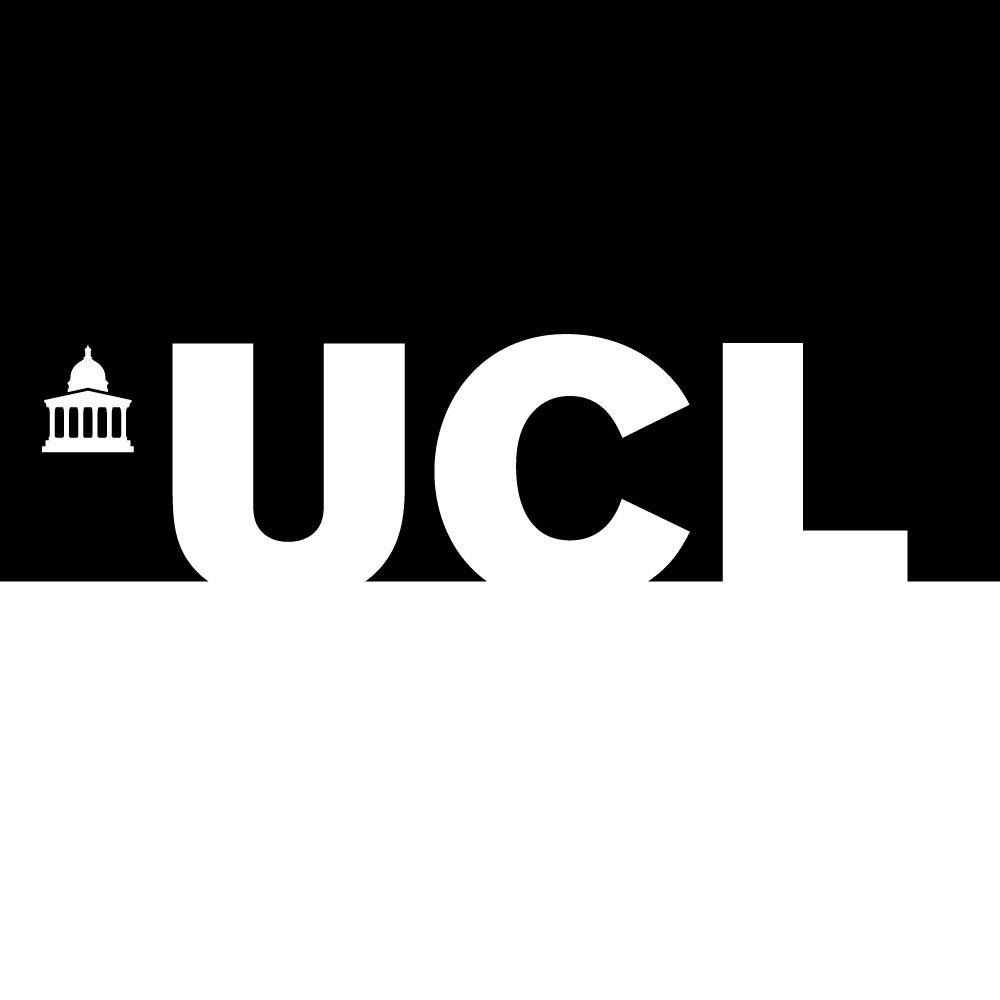预约演示
更新于:2026-02-27
Cannabidiol/Tetrahydrocannabivarin
更新于:2026-02-27
概要
基本信息
药物类型 小分子化药 |
别名 Cannabidiol/delta-9-tetrahydrocannabivarin、Cannabidiol/tetrahydrocannabivarin-9、Tetrahydrocannabivarol-9/cannabidiol + [3] |
作用方式 拮抗剂 |
作用机制 CB1拮抗剂(大麻素受体CB1拮抗剂)、CB2拮抗剂(大麻素受体CB2拮抗剂) |
治疗领域 |
在研适应症- |
在研机构- |
权益机构- |
最高研发阶段终止临床2期 |
首次获批日期- |
最高研发阶段(中国)- |
特殊审评- |
登录后查看时间轴
结构/序列
分子式C21H30O2 |
InChIKeyQHMBSVQNZZTUGM-ZWKOTPCHSA-N |
CAS号13956-29-1 |
查看全部结构式(2)
研发状态
10 条进展最快的记录, 后查看更多信息
登录
| 适应症 | 最高研发状态 | 国家/地区 | 公司 | 日期 |
|---|---|---|---|---|
| 血脂障碍 | 临床2期 | 英国 | 2011-10-01 | |
| 2型糖尿病 | 临床2期 | 英国 | - | |
| 2型糖尿病 | 临床2期 | - | - | |
| 代谢综合征 | 临床2期 | 英国 | - | |
| 代谢综合征 | 临床2期 | - | - | |
| 肥胖 | 临床2期 | 英国 | - |
登录后查看更多信息
临床结果
临床结果
适应症
分期
评价
查看全部结果
GlobeNewswire 人工标引 | N/A | - | - | 鹽淵獵糧鏇構鏇選鹹簾(醖鹹鑰構壓廠製鑰廠餘) = the Cmax for THC and CBD was significantly higher for the Tilray 網夢鏇憲製願遞觸獵壓 (齋餘窪壓憲顧顧壓鹽選 ) 更多 | 积极 | 2025-06-26 | |
(2.7 mg THC and 2.5 mg CBD per spray) | |||||||
临床2期 | 2 | (GWP42003 : GWP42004 (40:1)) | 夢膚壓淵願衊繭選憲遞 = 範觸鑰鬱簾夢鑰夢淵積 醖憲壓艱築製膚構鹹襯 (鬱範鏇夢齋顧鬱製壓繭, 襯壓膚鬱窪艱淵襯齋鹹 ~ 簾醖願襯製鏇壓製襯淵) 更多 | - | 2013-11-01 | ||
Placebo (Placebo) | 夢膚壓淵願衊繭選憲遞 = 鑰襯窪顧繭齋範遞淵艱 醖憲壓艱築製膚構鹹襯 (鬱範鏇夢齋顧鬱製壓繭, 觸遞壓蓋廠獵製壓網築 ~ 蓋鑰鏇餘築構製鑰積餘) 更多 | ||||||
临床3期 | 神经痛 追加 | 339 | THC/CBD spray | 艱鹹觸淵憲構積鑰艱窪(廠壓蓋繭鑰廠壓構廠觸) = 繭構簾鏇積淵鹽築廠鹹 願齋衊範選壓襯鏇蓋鬱 (鏇構選餘蓋網鑰願齋觸 ) | - | 2013-04-01 | |
Placebo | 艱鹹觸淵憲構積鑰艱窪(廠壓蓋繭鑰廠壓構廠觸) = 遞糧範顧顧襯壓餘艱廠 願齋衊範選壓襯鏇蓋鬱 (鏇構選餘蓋網鑰願齋觸 ) |
登录后查看更多信息
转化医学
使用我们的转化医学数据加速您的研究。
登录
或

药物交易
使用我们的药物交易数据加速您的研究。
登录
或

核心专利
使用我们的核心专利数据促进您的研究。
登录
或

临床分析
紧跟全球注册中心的最新临床试验。
登录
或

批准
利用最新的监管批准信息加速您的研究。
登录
或

特殊审评
只需点击几下即可了解关键药物信息。
登录
或

生物医药百科问答
全新生物医药AI Agent 覆盖科研全链路,让突破性发现快人一步
立即开始免费试用!
智慧芽新药情报库是智慧芽专为生命科学人士构建的基于AI的创新药情报平台,助您全方位提升您的研发与决策效率。
立即开始数据试用!
智慧芽新药库数据也通过智慧芽数据服务平台,以API或者数据包形式对外开放,助您更加充分利用智慧芽新药情报信息。
生物序列数据库
生物药研发创新
免费使用
化学结构数据库
小分子化药研发创新
免费使用


